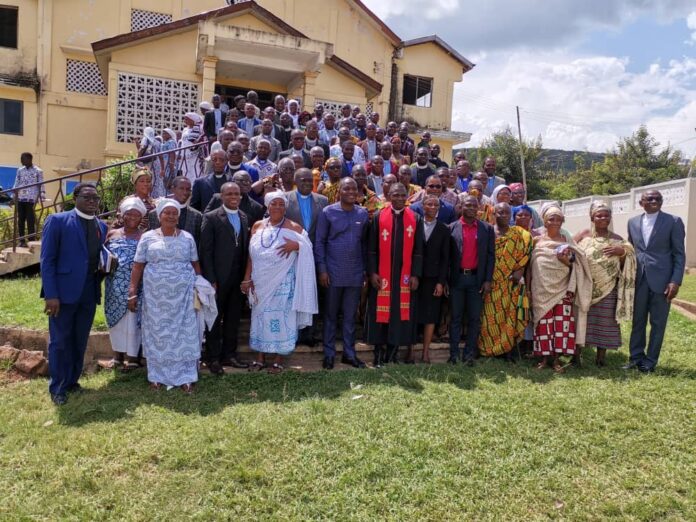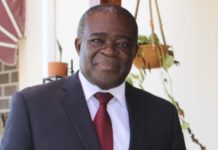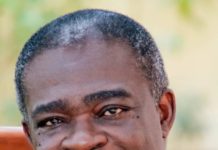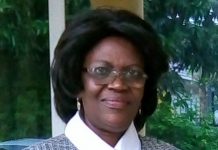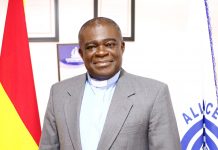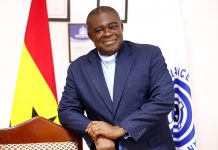|
Getting your Trinity Audio player ready...
|
A healthy partnership among religious, traditional and political institutions in Ghana is critical for good governance and national development
The three institutions are the most recognised, visible and trusted leadership domains, whose healthy partnership must be explored to enhance good governance in meeting the Sustainable Development Goals (SDGs).
Reverend Dr Kwabena Opuni-Frimpong, Executive Director of the Alliance for Christian Advocacy Africa (ACAA), explained that “the key institutions mentioned have a common goal to pursue the common good and wellbeing of the people they lead directly or indirectly.”
He was delivering a public lecture on the theme: “Creating a Prosperous Society: The Role of Tradition, Politics and Religion” at the Zimmerman Congregation of the Presbyterian Church of Ghana (PCG), Krobo Odumasi, as part of the 50th-anniversary celebration of the Dangme-Tongu Presbytery of PCG.
Dr Opuni-Frimpong, a former General Secretary of the Christian Council of Ghana, observed that creating an enabling environment as a catalyst for prosperity was a responsibility and obligation, which cuts across the leaders of these key institutions and could be achieved through a strong partnership.
He cautioned that we must not create problems today for our children to solve tomorrow. Good people leave an inheritance for their children’s children.
“Religious, political and traditional leaders have the equal responsibility to create an enabling atmosphere to propel the welfare and well-being of their people and none, therefore, supersedes the other in the pursuit of creating a Prosperous and peaceful society,” the cleric said.
According to Rev Opuni-Frimpong, democracy and good governance must create wealth for all the people and not those with political affiliations.
He cited for instance that apart from spiritual well-being the Church must be there for the totality of human development hence the provision of schools and other developmental projects and the same is expected from political and traditional institutions as well.
He noted that a healthy partnership between these key institutions is a strategic advantage that must be exploited for leadership of integrity for the common good of society.
The Dangme-Tongu Presbytery, which was carved out from the Ga Presbytery fifty (50) years ago, is determined to pursue a holistic ministry according to Rev Abraham Djaba Okai the Chairperson of the Presbytery.
The public lecture brought together traditional leaders, pastors, church leaders, and politicians including the Member of Parliament of Upper Manya Krobo Constituency, Mr Bismark Tetteh Nyarko as the Special Guest of Honour.



